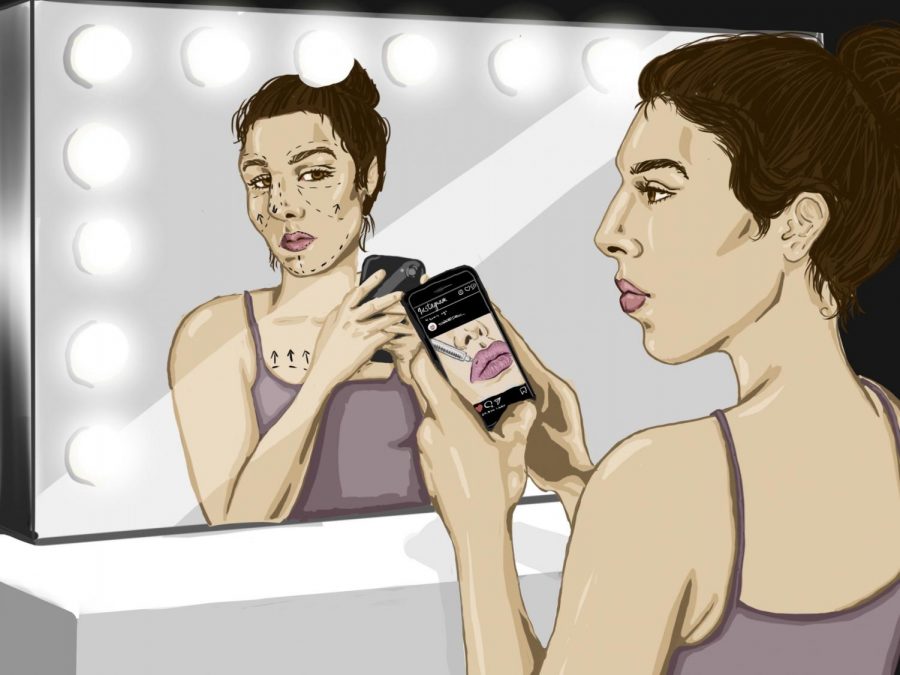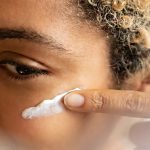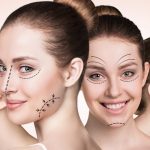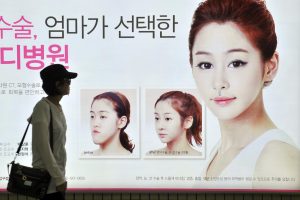
Introduction
In the era of social media, the influence of digital platforms on various aspects of our lives is undeniable. One area greatly impacted by the rise of social media is the popularity of aesthetic surgeries. Platforms like Instagram, TikTok, and YouTube have played a significant role in shaping beauty ideals, creating trends, and fueling the desire for cosmetic enhancements. In this article, we will explore the influence of social media on the popularity of aesthetic surgeries, examining the factors that contribute to this trend, the impact on body image perceptions, and the importance of responsible online practices.
I. Social Media as a Platform for Beauty Ideals
Social media has become a breeding ground for beauty ideals, with influencers, celebrities, and everyday individuals sharing their transformed appearances and perfect images. Here’s how social media influences beauty ideals:
- Celebrity and Influencer Endorsements Celebrities and influencers on social media often endorse aesthetic surgeries, openly discussing their own procedures and transformations. This can create a sense of aspiration and influence their followers’ perceptions of beauty.
- The Pursuit of Perfection Social media platforms present an idealized version of beauty, characterized by flawless skin, sculpted bodies, and symmetrical features. This constant exposure to perfected images can influence individuals to seek similar appearances through aesthetic surgeries.
- Trending Procedures and Influencer Culture Popular aesthetic procedures often trend on social media, with influencers documenting their experiences and sharing before-and-after images. This exposure normalizes these procedures and can contribute to their increased popularity.
II. Impact on Body Image Perceptions
Social media’s influence on body image perceptions is profound. Here are some ways in which it impacts individuals’ self-perception:
- Body Dysmorphia and Unrealistic Expectations Constant exposure to edited and filtered images on social media can distort individuals’ perception of their own bodies. This can lead to body dysmorphia, a condition where individuals become fixated on perceived flaws and seek cosmetic interventions to achieve unattainable standards.
- Comparisons and Self-Esteem Social media platforms facilitate comparisons between individuals and their peers or influencers, leading to feelings of inadequacy and reduced self-esteem. The pressure to measure up to unrealistic beauty ideals can contribute to the desire for aesthetic surgeries.
- Validation and Social Acceptance Social media platforms often prioritize external validation through likes, comments, and followers. The desire for social acceptance can drive individuals to seek cosmetic enhancements to conform to beauty standards set by the online community.
III. The Importance of Responsible Online Practices
While social media has its influence, it is crucial to promote responsible online practices. Here’s how we can foster a healthier digital environment:
- Promoting Authenticity and Transparency Influencers and celebrities can play a significant role in promoting authenticity and transparency regarding their appearances. Sharing both the positives and negatives of aesthetic surgeries can help educate their followers and create a more realistic perception of beauty.
- Diverse Representation Social media platforms should actively promote diverse representation, featuring individuals of various body types, ages, and ethnicities. This will help challenge narrow beauty ideals and foster a more inclusive and accepting online environment.
- Encouraging Positive Body Image Influencers and users can promote positive body image by focusing on self-acceptance, self-love, and embracing individual uniqueness. Encouraging discussions about inner beauty and personal growth can help shift the focus from external appearances.
Real-Life Examples and Celebrity Quotes
- Chrissy Teigen, Model and Influencer “It’s important for me to show all the parts of myself, not just the highlight reel. I want my followers to know that everyone has flaws, and cosmetic enhancements aren’t the answer to self-acceptance.”
Chrissy Teigen’s quote emphasizes the importance of promoting authenticity and self-acceptance on social media. Her advocacy for embracing imperfections challenges the pursuit of aesthetic surgeries as a solution to body image issues.
- Dr. Terry Dubrow, Plastic Surgeon “Social media can be a double-edged sword. On one hand, it educates people about cosmetic procedures, but on the other hand, it can create unrealistic expectations and a distorted perception of beauty.”
Dr. Terry Dubrow’s perspective highlights the complexity of social media’s influence on aesthetic surgeries. While it can educate individuals, it is crucial to address the potential negative impact it may have on body image and beauty perceptions.
Conclusion
Social media platforms have revolutionized the way we perceive beauty and have contributed to the increased popularity of aesthetic surgeries. From promoting specific beauty ideals to fostering unrealistic expectations, the influence of social media on body image perceptions is significant. However, it is crucial to foster responsible online practices, promote authenticity, and encourage positive body image. By creating a more inclusive and accepting digital environment, we can mitigate the negative effects of social media and cultivate healthier perceptions of beauty. Ultimately, it is important to remember that true beauty lies in self-acceptance and embracing our unique qualities, both onlineand offline.














